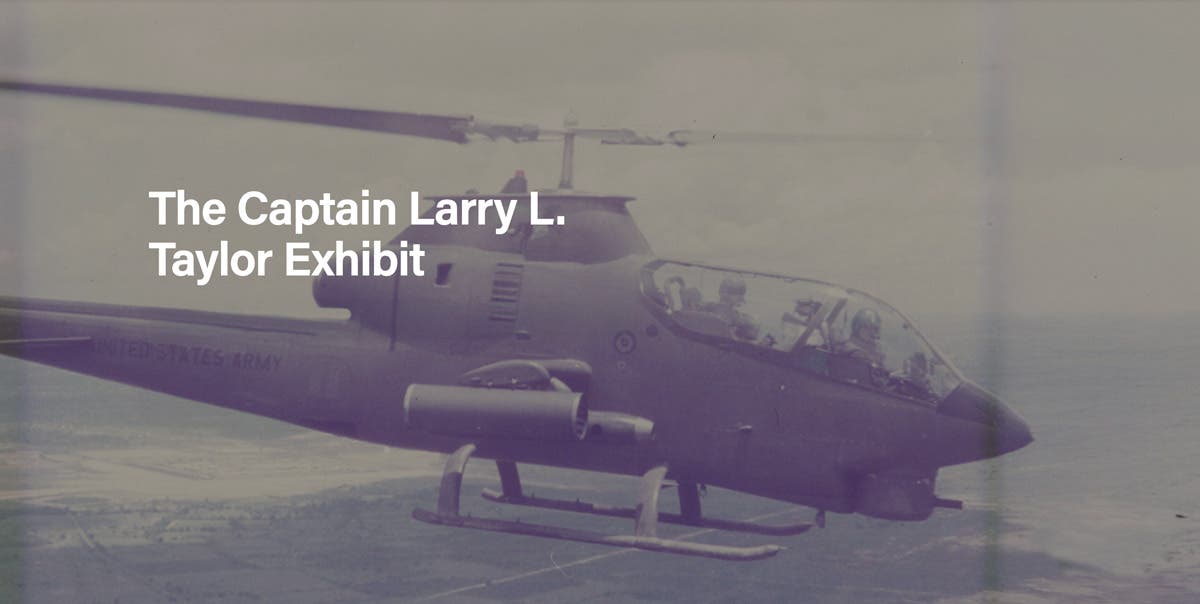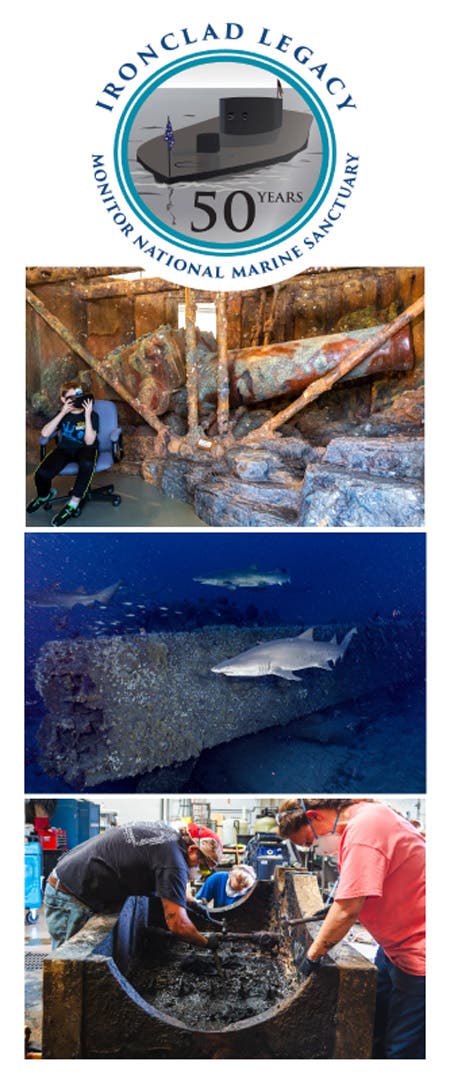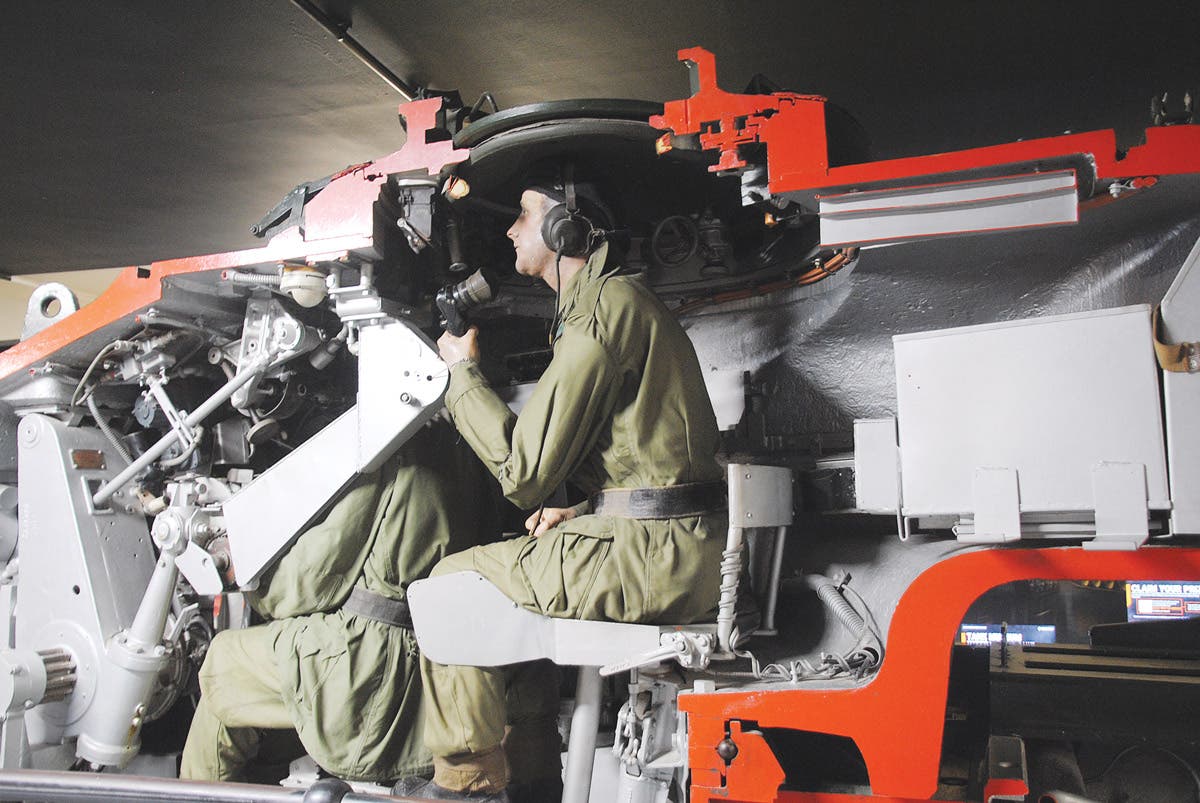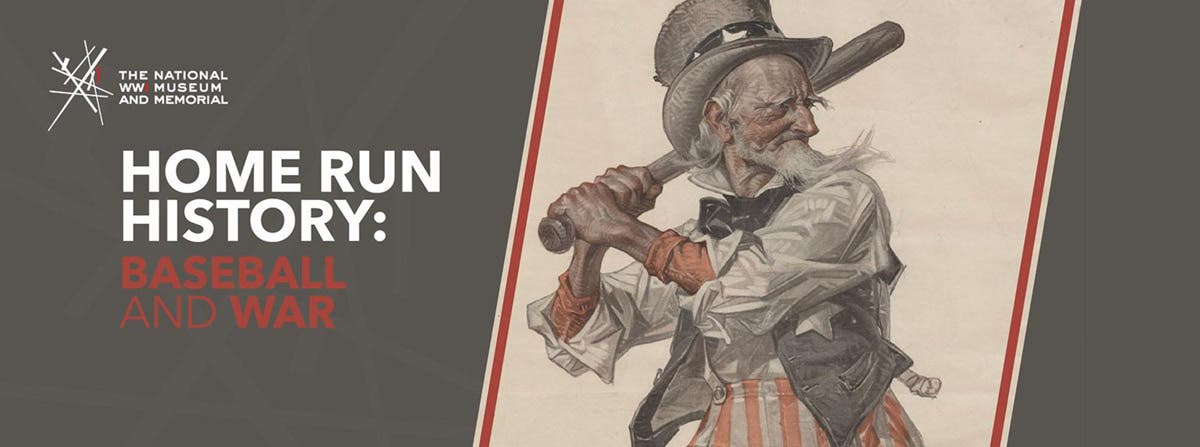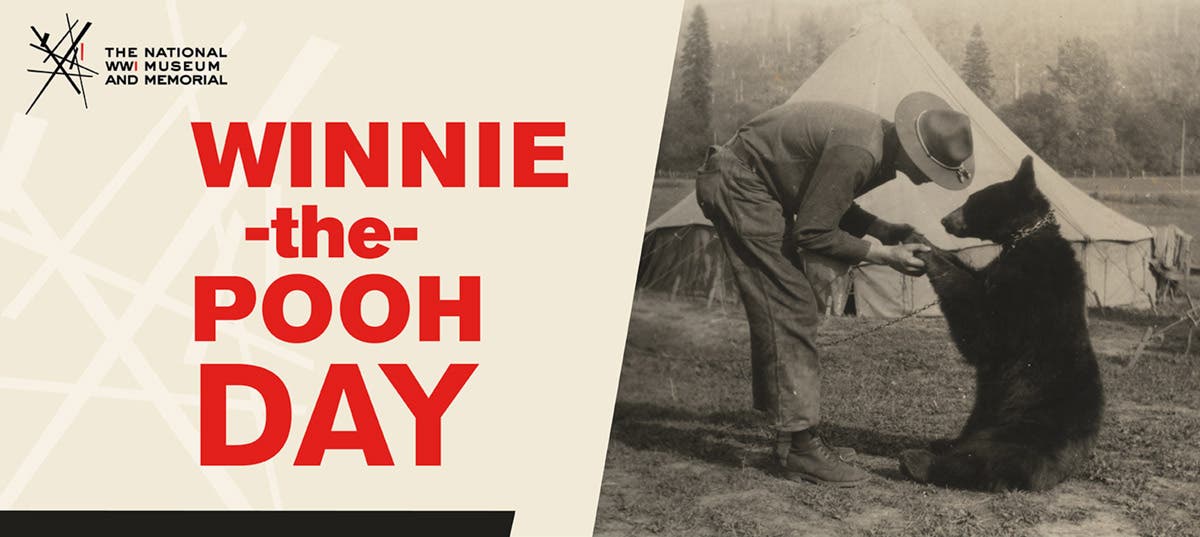Carolina events mark little-known Civil War incident
Sesquicentennial exhibit: The Life and Times of Congressman Robert Smalls CHARLESTON, S.C. — Continuing its commemoration of the sesquicentennial of the Civil War, the Charleston Museum presents a special traveling…
Sesquicentennial exhibit: The Life and Times of Congressman Robert Smalls
CHARLESTON, S.C. -- Continuing its commemoration of the sesquicentennial of the Civil War, the Charleston Museum presents a special traveling exhibit, The Life and Times of Congressman Robert Smalls, 1839-1915.
On exhibit through June 19, this display tells the story of Smalls's daring 1862 escape from slavery, his service to the Union forces during the Civil War, and his political career during Reconstruction. Consisting of narrative panels, photographs, artwork, ship models, artifacts and reproductions which underscore the historical significance of Robert Smalls, this exhibition is an important contribution to Civil War and African American history.
Visitors will become more familiar with Smalls' heroic exploits and be inspired by his legacy of bravery, leadership and public service to all Americans. Exhibit highlights include furniture from the house where Smalls lived as a slave, scaled replicas of the CSS Planter and the USS Keokuk, the two ships that Robert Smalls piloted during the Civil War, a replica of the musket owned by Smalls, letters he wrote to Booker T. Washington, Frederick Douglass, and other dignitaries of his time, and photographs of his house in Beaufort, S.C., his family and his descendants through the generations.
May 13 is the anniversary of Smalls' daring escape aboard the CSS Planter, and a series of events are planned this weekend to mark the event and celebrate Smalls' life. Events begin at the museum Saturday with recollections from Smalls' descendants and conclude Sunday evening with a harbor tour tracing the route the planter took.
For more information, please visit www.charlestonmuseum.org or call (843) 722-2996.
Who was Robert Smalls?
Born into slavery in Beaufort, S.C., on April 5, 1839, Robert Smalls is perhaps best known for his daring escape from Charleston a year into the Civil War. Smalls was pilot of the shallow-draft steamer Planter, a Confederate transport ship posted to Charleston Harbor. Led by Smalls, the enslaved crew, accompanied by their families, waited until the Planter's white officers had gone ashore and then cast off from Southern Wharf on the Cooper River early in the morning of May 13, 1862. Smalls then piloted the ship slowly through the harbor, carefully following a routine so as not to draw attention. As the vessel neared Confederate-held Fort Sumter, Smalls put on the captain's hat and blew the recognition whistle. Once clear of the fort, he surrendered the Planter to the nearest Federal blockading vessel. This bold act garnered much fame for Smalls, who went on to provide piloting services as well as useful information concerning Charleston's defenses to the Union command throughout the war.
After the war, Robert Smalls returned to his native Beaufort and helped found the Republican Party in South Carolina. In 1868, he was elected to the South Carolina House of Representatives; the following term he won election to the state Senate. Smalls was elected to the U.S. House of Representatives in 1874 and served five terms as a congressman. Smalls worked hard, though unsuccessfully, to block the disenfranchisement of African Americans as one of only six black members of the 1895 state constitutional convention. His last political role was that of collector of customs for the Port of Beaufort, a position he held for over twenty years. Robert Smalls died in 1915 and was buried in Beaufort.
Image courtesy of the Library of Congress.
About The Charleston Museum
The Charleston Museum, founded in 1773, is America's first museum. It is a 501(c)(3) nonprofit organization located along Charleston's Museum Mile. Holding the most extensive collection of South Carolina cultural and scientific collections in the nation, it also owns two National Historic Landmark houses, the Heyward-Washington House (1772) and the Joseph Manigault House (1803), as well as the Dill Sanctuary, a 580-acre wildlife preserve. Museum hours are Monday-Saturday 9 a.m. to 5 p.m. and Sunday 1-5 p.m. Museum admission is $10 for adults and $5 for children.
360 Meeting Street
Charleston, SC 29403
843-722-2996
www.charlestonmuseum.org
YOU MAY ALSO BE INTERESTED IN:
- *Military Trader Magazine
- *Military Vehicles Magazine
- *Standard Catalog of U.S. Military Vehicles, 1942-2003
MORE RESOURCES FOR COLLECTORS
Established in 1993, Military Trader is dedicated to the collecting preservation, restoration, study, and display of historic military artifacts. Spanning interests from military uniforms to medals, or helmets to ordnance and weapons, Military Trader is your best source for in-depth techincal articles, artifact profiles, product and hobby news, current values, and show and auctions calendar.

